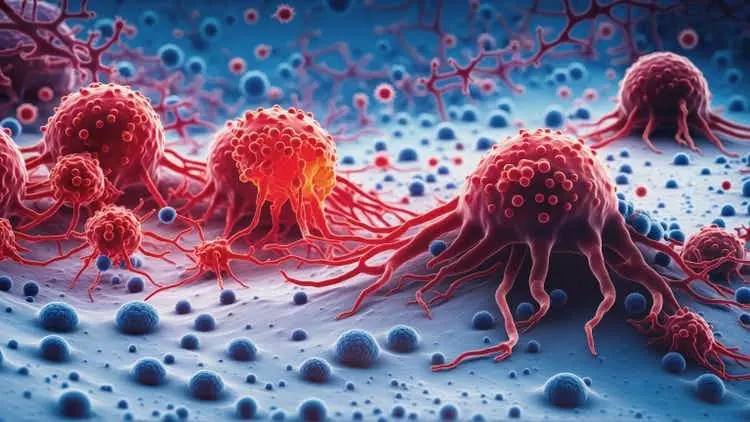
Getting up to pee often in the night could be a symptom linked to heart failure, research says
Waking up frequently during the night to urinate, a condition known as nocturia, is something that many people experience as they age. It is commonly attributed to factors such as excessive fluid intake before bed or a sign of aging. However, recent research has shown that getting up to pee often at night could be a symptom linked to a more serious underlying health issue—heart failure. This revelation has raised concerns among healthcare professionals, as nocturia might be an early indicator of heart problems, particularly in individuals who may not yet be aware of their heart condition.
The Connection Between Heart Failure and Nocturia
Heart failure is a condition where the heart is unable to pump blood efficiently throughout the body. This results in the accumulation of fluid in the body, particularly in the lower extremities, leading to swelling. When a person lies down to sleep, gravity no longer keeps the fluid in the legs, and it begins to redistribute throughout the body, including the kidneys. This increased fluid volume can trigger a greater need for urination, especially during the night.
According to recent studies, nocturia could be one of the first warning signs that a person’s heart is struggling to function properly. A study published in the European Heart Journal in 2020 found that people who experience frequent nighttime urination are at a higher risk of heart failure, even if they do not yet show other classic symptoms such as shortness of breath or fatigue. This is because the process of fluid redistribution during sleep can put a strain on the kidneys and exacerbate symptoms of heart failure. As a result, nocturia is now being considered a potential early symptom that could help doctors identify heart issues earlier in their progression.
Why Does Nocturia Occur?
The main reason why heart failure can lead to nocturia is the body’s inability to manage fluid properly. When the heart is weak, it cannot pump blood efficiently, which causes blood to pool in the veins and tissues, particularly in the legs and abdomen. As a person lays down to sleep, the body redistributes this accumulated fluid. The kidneys, which filter blood and remove excess waste, are now processing a larger volume of fluid, leading to increased urine production. This is particularly noticeable during the night, when the body’s circulation and metabolism slow down, causing the kidneys to work harder.
Additionally, people with heart failure often have compromised kidney function, which makes the kidneys less effective at handling excess fluid. As a result, they may experience more frequent urination, particularly at night. This process, known as "nocturnal polyuria," is commonly observed in individuals who are experiencing early stages of heart failure.
Nocturia as an Early Warning Sign
While many people brush off frequent nighttime urination as a minor inconvenience or an effect of aging, it’s important to recognize that it could be an early warning sign of heart failure. In fact, recent studies suggest that nocturia may precede other, more obvious symptoms of heart failure, such as swelling in the legs, difficulty breathing, and fatigue. This makes it a valuable symptom to watch out for, especially in older adults who are at higher risk of developing heart problems.
By paying attention to patterns of nighttime urination and seeking medical advice when this issue arises, individuals may be able to catch heart failure early, before it progresses to a more serious and irreversible stage. A healthcare professional may conduct tests, such as an echocardiogram or a blood test, to evaluate the heart's function and diagnose any underlying heart conditions. Early diagnosis can lead to more effective treatment options and improve the quality of life for those affected.
Other Factors to Consider
It’s important to note that while nocturia could be linked to heart failure, it is not the only potential cause. Other factors such as urinary tract infections (UTIs), diabetes, or an enlarged prostate in men could also contribute to frequent urination at night. As such, it’s essential to consult with a healthcare provider to rule out other causes before jumping to conclusions about the heart’s health.
Additionally, lifestyle factors such as excessive alcohol or caffeine consumption, or taking medications that increase urine production, could also contribute to nocturia. Therefore, it’s crucial to monitor other symptoms that may accompany nocturia, such as shortness of breath, dizziness, or swelling, to get a clearer picture of what might be going on.

What Can You Do?
If you find yourself waking up multiple times during the night to use the bathroom, it’s important not to dismiss this symptom as a normal part of aging or a minor inconvenience. Consider tracking how often you get up to urinate, and note any other symptoms, such as fatigue, swelling, or shortness of breath. If you experience any of these, it’s crucial to see a doctor for a full evaluation. Early detection of heart failure or other conditions can help prevent further complications and improve your overall health.
In the meantime, lifestyle changes, such as reducing fluid intake before bedtime, limiting caffeine and alcohol consumption, and elevating the legs during the day to reduce swelling, may help manage nocturia. However, these measures should not be a substitute for proper medical care if an underlying condition like heart failure is suspected.
Conclusion
Getting up to pee often in the night is more than just a nuisance—it could be a warning sign of something much more serious, such as heart failure. The connection between nocturia and heart health underscores the importance of paying attention to the body’s signals and seeking medical advice if needed. By recognizing the potential link between nocturia and heart failure, individuals can take proactive steps to protect their health and catch any underlying conditions before they worsen.
News in the same category


Terminally Ill Man is Warning Others to Not Make The Same Mistake He Made
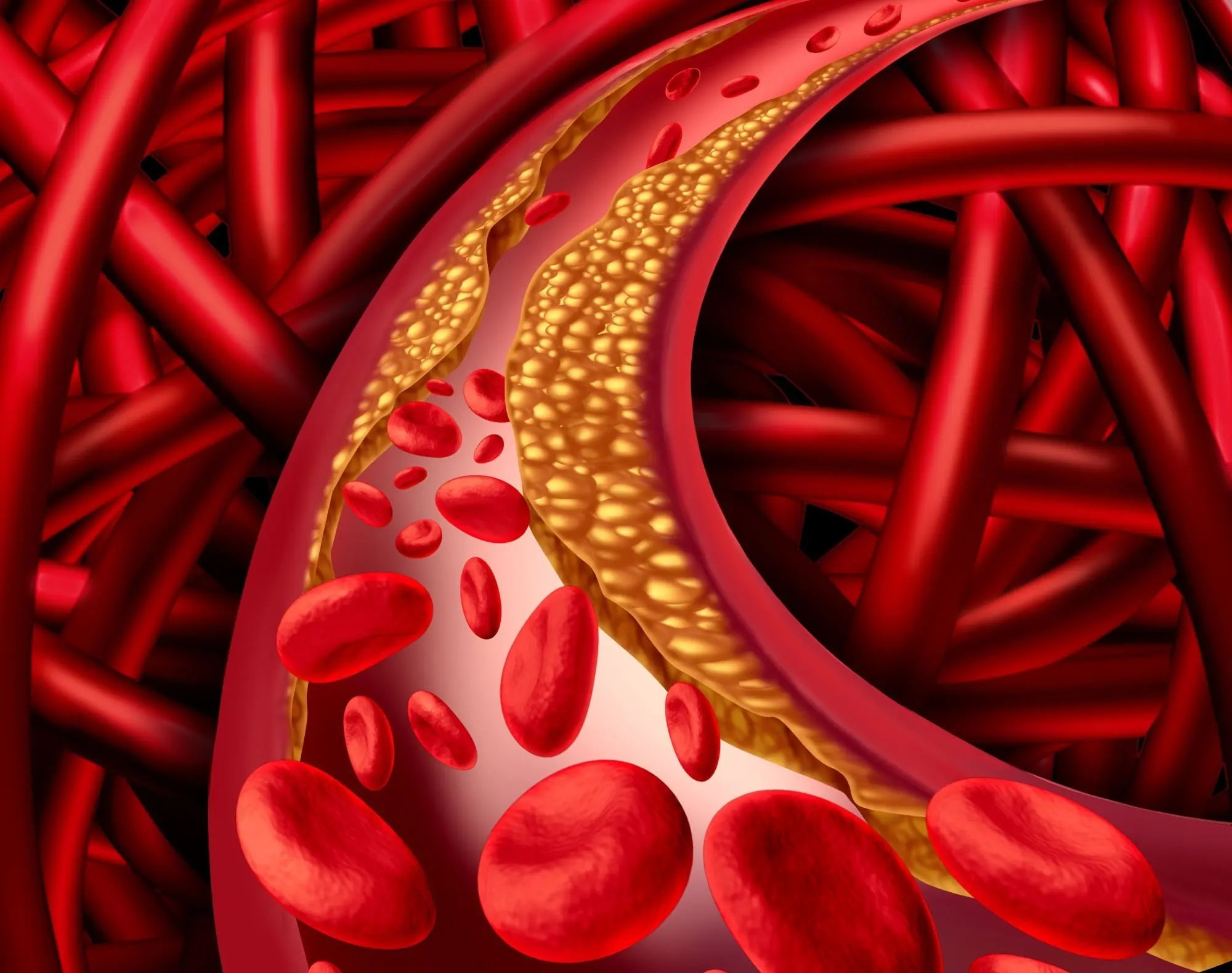
10 Natural Home Remedies To Help Lower High Blood Pressure
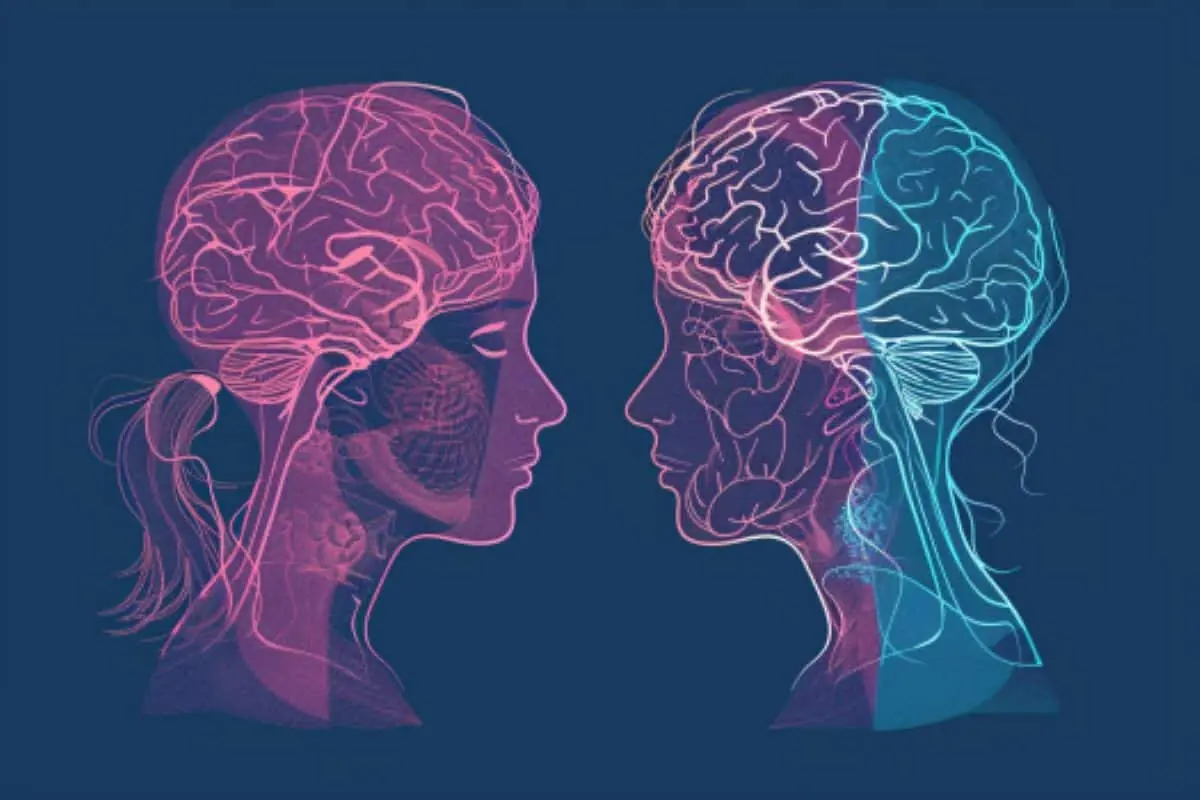
Scientists have discovered a key genetic factor that explains why women’s brains age at a different rate than men’s.
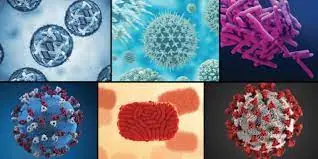
Experts who predicted covid say new virus appearing in US could threaten 'all of mankind'
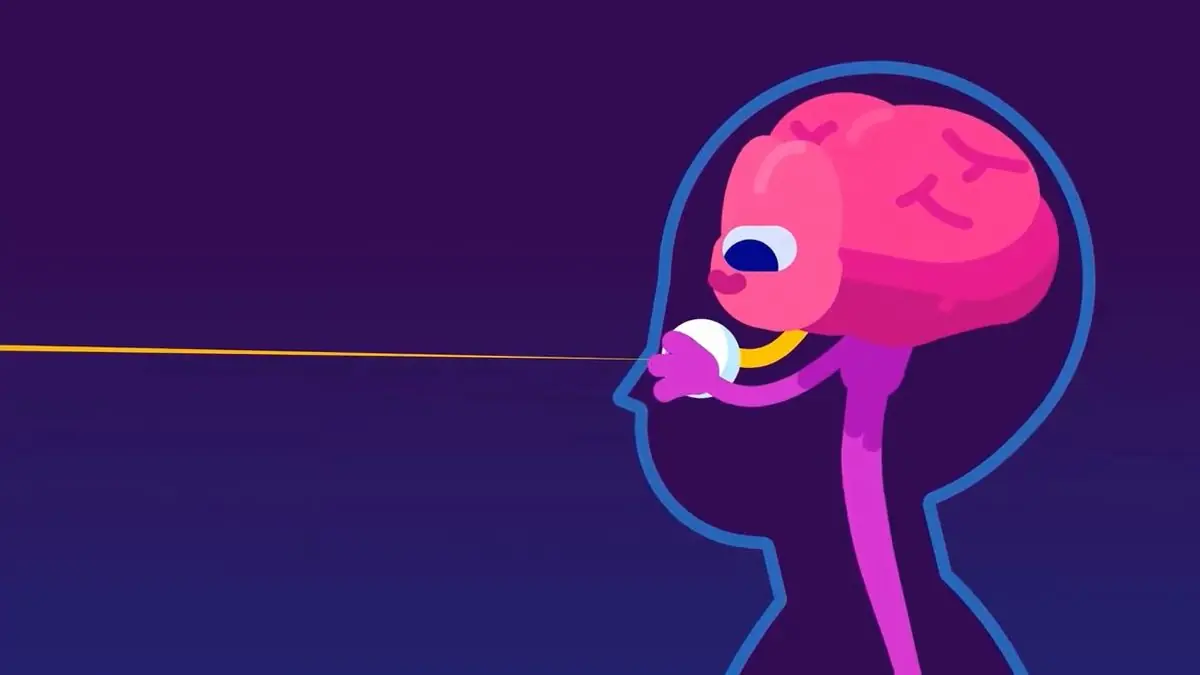
Why Your Brain ‘Blinds’ You for Two Hours Each Day

11 Reasons Why You Have Red Dots On Your Skin

The Benefits and Potential Dangers of Eating Tilapia Fish

Cancer Doctor Reveals ‘Common Theme’ Seen Regularly In Patients Before Diagnosis

How Often Should You Change Your Underwear?

WHO issues its first-ever reports on tests and treatments for fungal infections

Scientists Have Officially Measured the Speed Limit of Human Thought
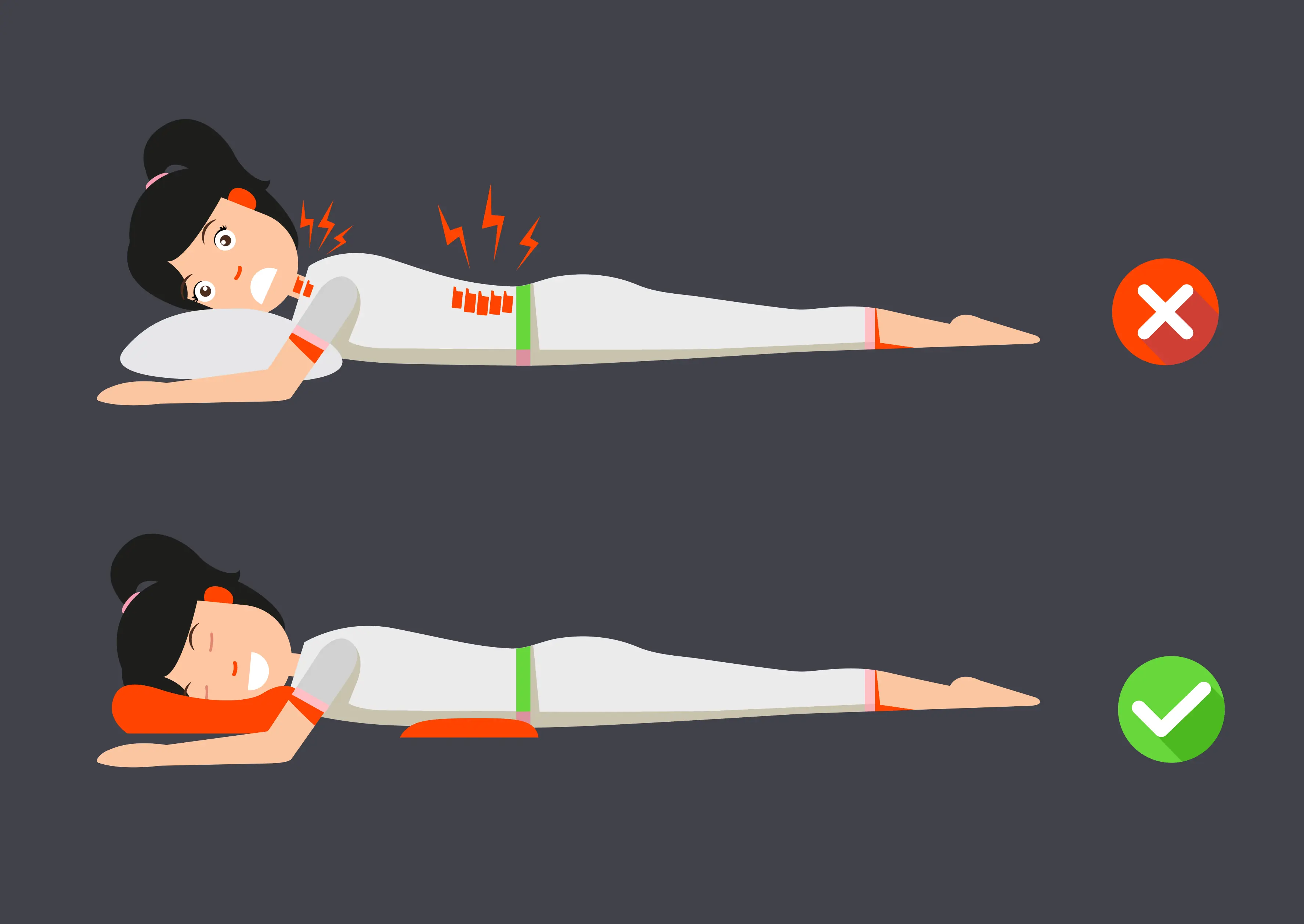
How Your Sleeping Position Affects Your Health
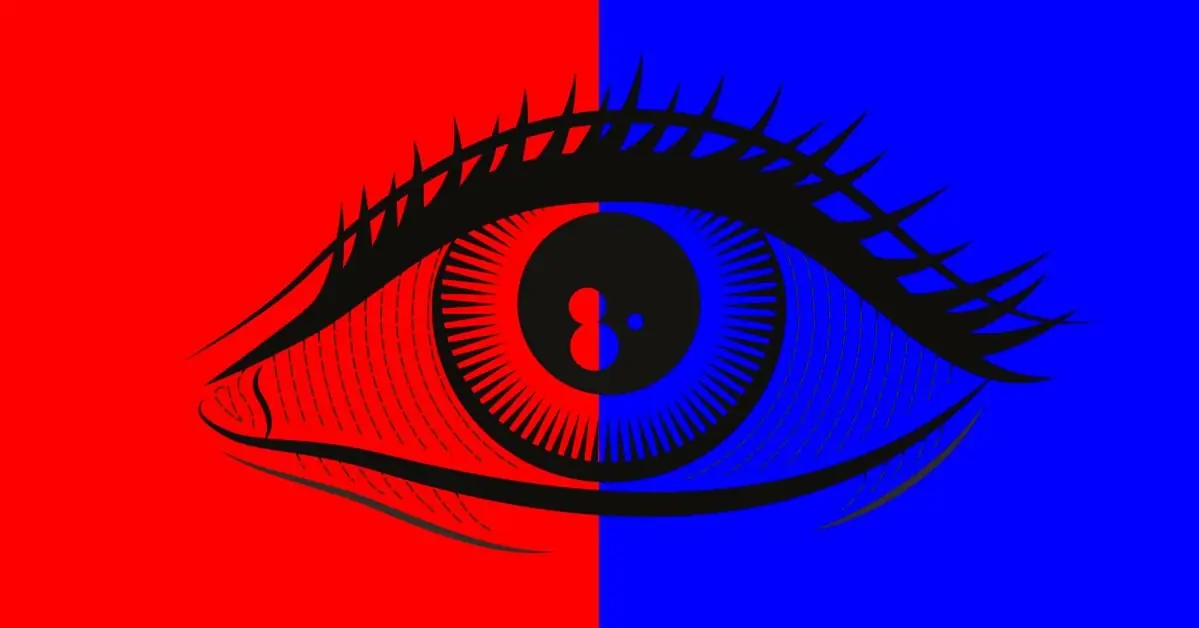
Only People With Perfect Color Vision Can Read These Words

What Does It Mean When A Person Who Has Passed Away Appears In Your Dream

Discover the Incredible Health Benefits of Melon Seeds

Are you over 40? LONGEVITY SECRETS You Need to KNOW!

Hidden Benefits of Herbs: This Article Reveals It All!

Over 200 People Are Killed By The “World’s Deadliest Food” Every Year, But Almost 500 Million People Still Eat It

Man Loses Pulse For 45 Minutes, Wakes Up, And Reveals This Spine-Chilling Vision Of Afterlife
News Post

My Parents Wanted My Sister to Walk Down the Aisle First at My Wedding — We Agreed, So They Got Into Our Trap

Don't honk at older folks. We've been around long enough to know how to teach a lesson with a smile

My DIL Shamed Me for Posting a Picture of My 'Wrinkled Body' in a Swimsuit — I Gave Her a Wake-up Call

8 cancer-killing foods you didn't consider!

Terminally Ill Man is Warning Others to Not Make The Same Mistake He Made

10 Natural Home Remedies To Help Lower High Blood Pressure

Scientists have discovered a key genetic factor that explains why women’s brains age at a different rate than men’s.
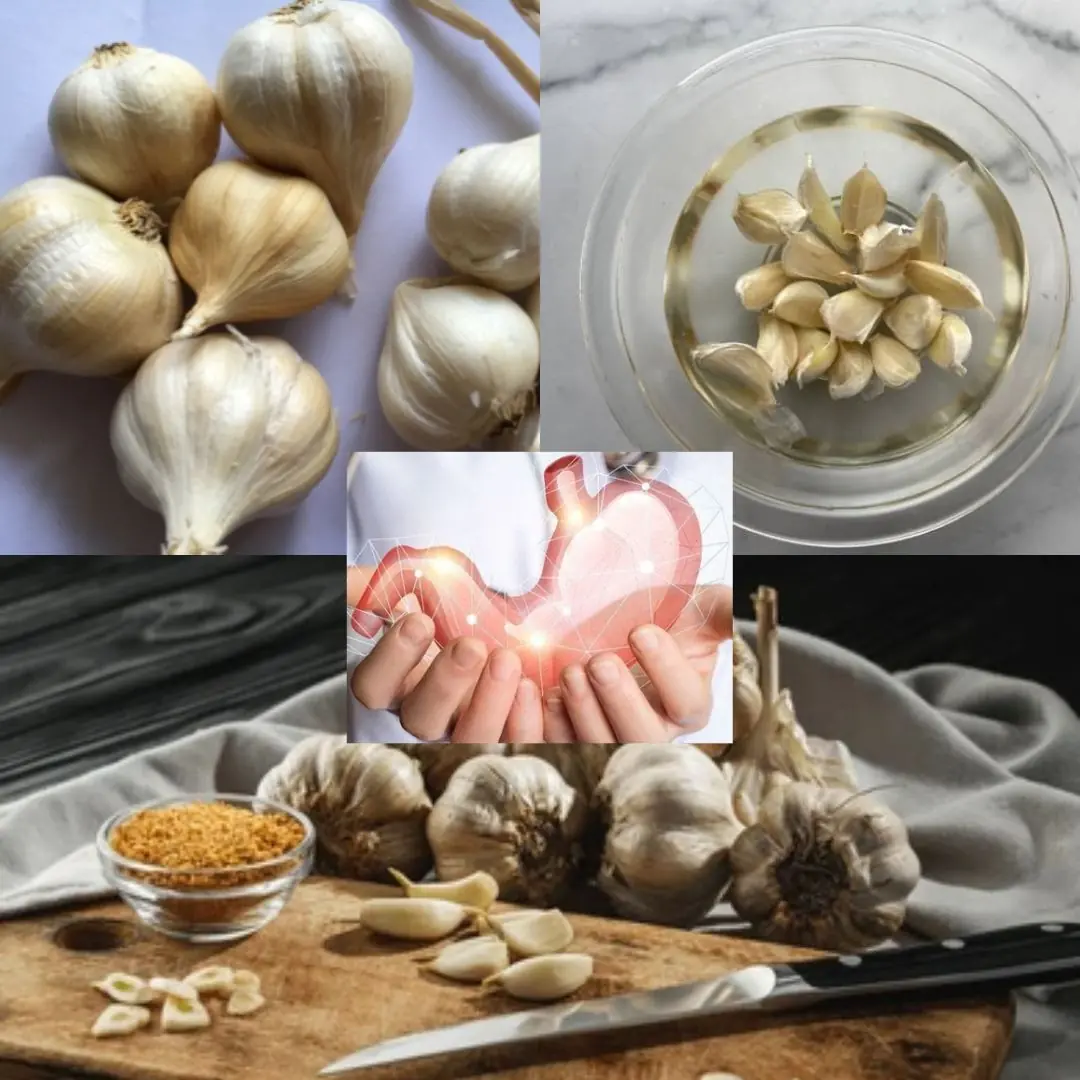
The Hidden Power of Garlic Peels: Benefits for Your Health, Garden, and More

Experts who predicted covid say new virus appearing in US could threaten 'all of mankind'

Why Your Brain ‘Blinds’ You for Two Hours Each Day
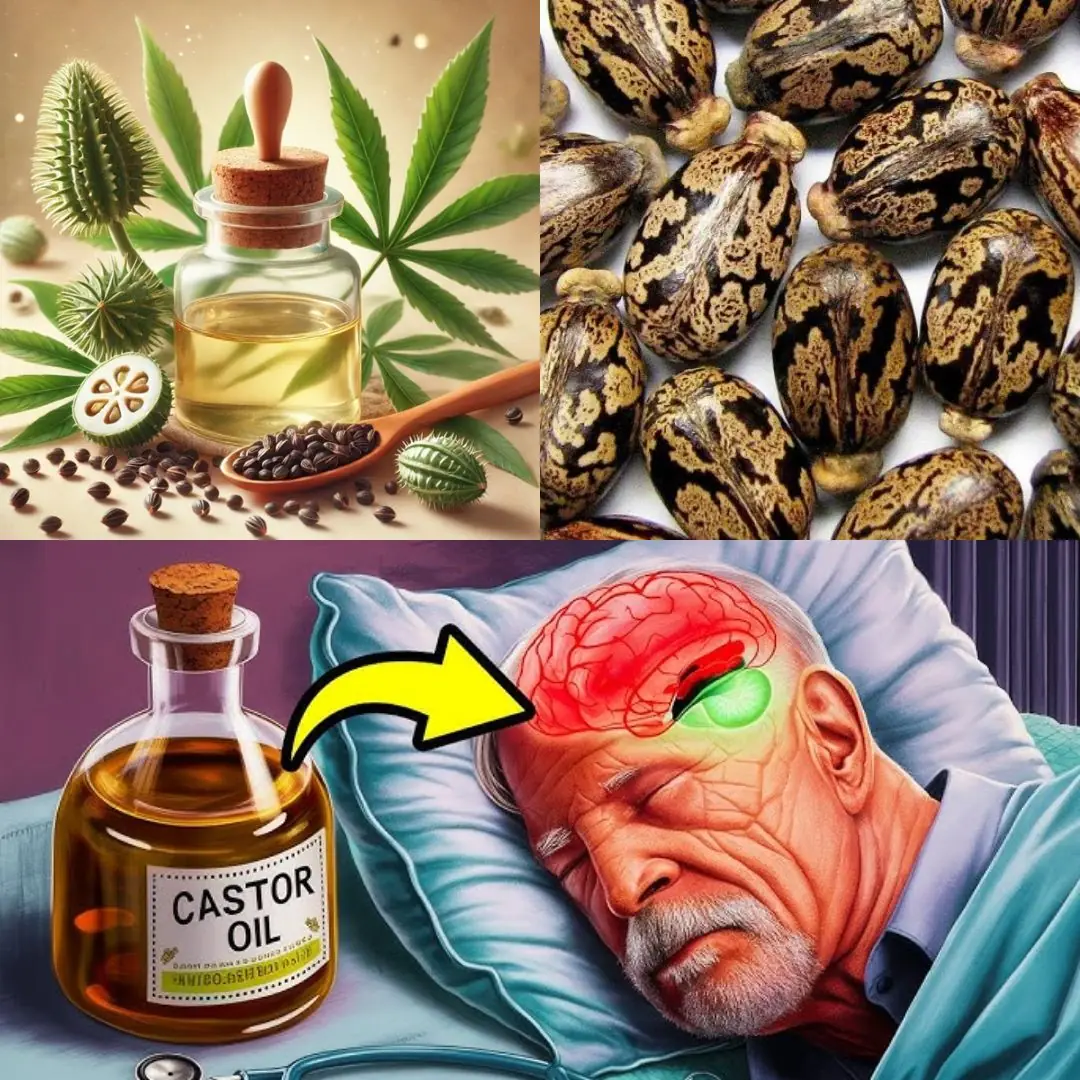
Castor Oil: Discover the Transformative Effects After Just 7 Days

11 Reasons Why You Have Red Dots On Your Skin

The Benefits and Potential Dangers of Eating Tilapia Fish

My 32-Year-Old Son Threw a Wild Birthday Party at My House and Nearly Destroyed It

I Was Looking At a Photo of My Late Wife and Me When Something Fell Out of the Frame and Made Me Go Pale

My Husband Moved Back in with His Mom Because My Cough 'Was Annoying' While I Was Sick with Our Baby – So I Taught Him a Lesson

Cancer Doctor Reveals ‘Common Theme’ Seen Regularly In Patients Before Diagnosis
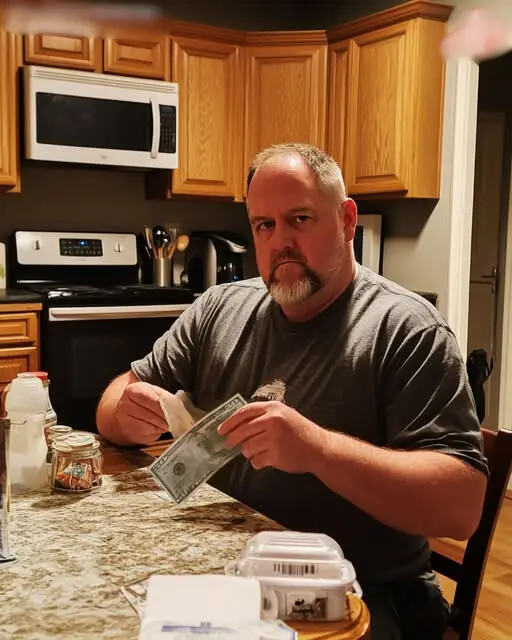
My Husband Threw $50 at Me and Said, 'Make a Lavish Christmas Dinner for My Family — Don't Embarrass Me!'
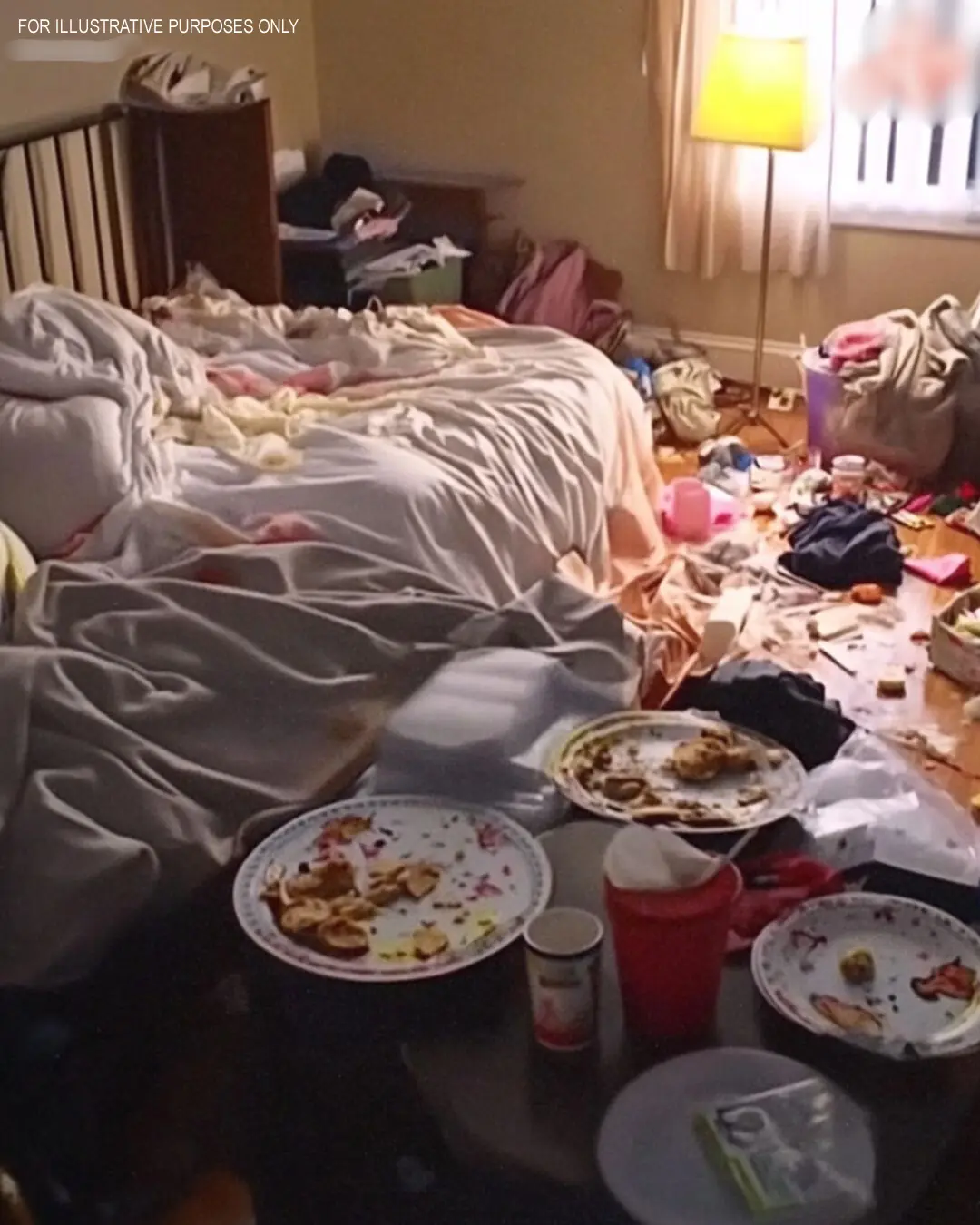
My Husband’s Best Friend Moved in Weeks Ago, Expecting Me to Clean after Him – Husband Sided with Him, So I Taught
